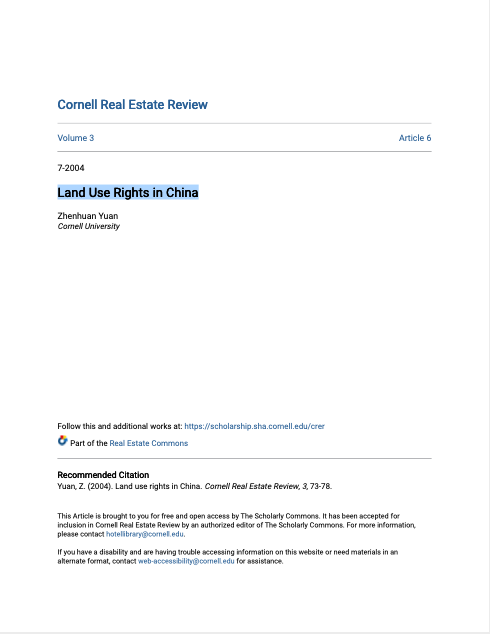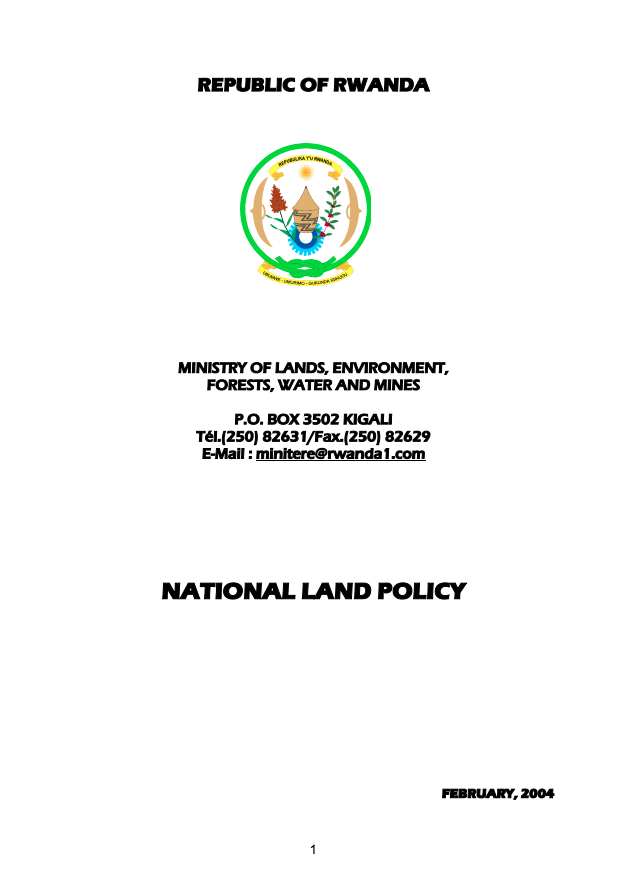Land, Conflict and Livelihoods in the Great Lakes Region: Testing Policies to the Limit
Covers (1) Land as a source of conflict in Africa – the multi-dimensional nature of land issues; indirect causes of conflict, land access and structural poverty; interactions between customary and state-managed tenure systems; historical injustices and land disputes. (2) Land rights during conflict – population displacement; land as a sustaining factor in conflict; land rights of women, children and marginalized communities.







